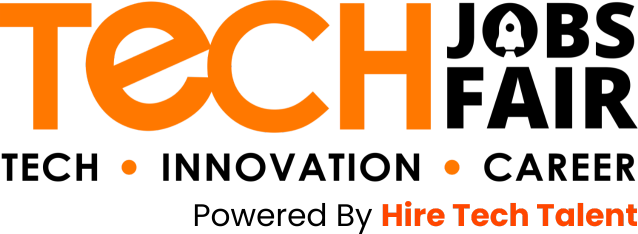- « Previous blog
-
April 20, 2022
-
4599
- Next blog »
Are you looking to get a job in technology, gaining important in demand tech skills is essential. There is a wide range of in demand tech skills that are relevant to technology-related careers or jobs that utilize technology. To make yourself stand out in the crowd, all you have to do is understand the necessary skills and how to use them in your job can help you ace any interview.
This blog will help you understand which skills are in demand and why you should choose them.
But before we start, let’s first understand few basics like-
What does the term “tech skills” mean?
A tech skill is a hard skill required to perform a specific job function. Technical skills involve specific information and aptitude in information technology, engineering, research, computers, investigation, programming, marketing, plan, security, and software engineering. Skills in mathematics, science, mechanics, and IT can enhance your career prospects in technology careers and careers that value technology-related knowledge.
Best paying jobs in technology
- Data Scientist
- Internet of Things (IoT) Solutions Architect
- Software Architect
- Blockchain Engineer
- DevOps Engineer
- Cloud Architect
- Artificial Intelligence (AI) Engineer
- Product Manager
Top 5 In Demand Tech Skills
1. Cloud computing

Cloud computing is an overall term that includes conveying facilitated administrations over the web. These services are separated into three fundamental categories of cloud computing: infrastructure as a service (IaaS), platform as a service (PaaS), and software as a service (SaaS).
A cloud can be private or public. A public cloud offers services to anybody on the web. A private cloud is an exclusive organization or a data center that provisions facilitated services to a set number of individuals, with specific access and permissions settings. Private or public, the objective of cloud computing is to give simple, adaptable admittance to computing resources and IT services.
The Cloud infrastructure includes the equipment and programming parts expected for the legitimate execution of a cloud computing model. Cloud computing can likewise be considered utility computing or on-demand computing.
Cloud computing is the use of the Internet to access physical servers, databases, and computers over the Internet to interact with cloud-based data and applications.
Cloud computing depends intensely on virtualization and automation technologies.
2. Artificial intelligence (AI)

Artificial intelligence (AI) is the capacity of a computer or machine to mimic human intelligence, like learning by experience or from redundancy, solving issues, understanding and responding to language, making choices, and recognizing certain articles. Careers in AI include machine learning engineers, information researchers, business intelligence designers, research researchers, and enormous information engineers or architects.
AI investigates more and more profound data utilizing neural networks that have many secret layers. Building a fraud detection framework with five secret layers used to be unimaginable. Everything has changed with amazing computer power and huge data. Deep learning models learn directly from data, so you’ll need lots of it to train them.
3. Cybersecurity

Cybersecurity is the act of protecting or securing computer frameworks and organizations from cyber assaults or advanced interference that intends to access, change or annihilate touchy or secret information or interrupt ordinary activities. Cybersecurity-centered jobs include frameworks engineer, network engineer or planner, programming designer or engineer, and cybersecurity investigator.
4. Data Science

The field of data science is a combination of statistics, scientific methods, artificial intelligence (AI), and data analysis. Data science is complex, combining at least two scholarly disciplines, for example, math, insights, perception, progressed computing, domain aptitude, logical technique, and data engineering. The act of data science incorporates data mining, machine learning, and huge data and involves logical techniques, cycles, and calculations to find insightful ways of interpreting and utilizing organized and unstructured data. Data science skills can help you in a career as a data researcher, machine learning engineer, enterprise architect, and analyst.
5. Blockchain

Blockchain technology records information in a manner that makes it hard to change or hack. It is a computerized record of exchanges originally intended for the advanced cash Bitcoin. It’s developed to likewise be valuable for crowdfunding, character management, record capacity, individual-to-individual installments, and computerized voting. Blockchain designers use blockchain skills in combination with skills in cryptography, data construction, calculations, and computer networking.
The objective of blockchain is to permit computerized data to be recorded and distributed, yet all at once not altered. In this manner, a blockchain is an establishment for changeless records, or records of exchanges that can’t be adjusted, erased, or destroyed. This is the reason blockchains are otherwise called distributed ledger technology (DLT).
You may also like to read: 5 Easy Ways to Find Jobs in Tech Industry
Takeaway
Once you have all the in demand tech skills you need to start applying for jobs, you should put them on a website where employers can find them. Maintaining technology skills is essential. You will be less likely to learn and adopt new technologies if you place technical skills before understanding concepts. When you understand how technology works, it is much easier to adopt it. For these technology-based jobs you can visit HireTechTalent.com
Join 20,000+ Subscribers
Get exclusive access to new tips, articles, guides, updates, and more.


